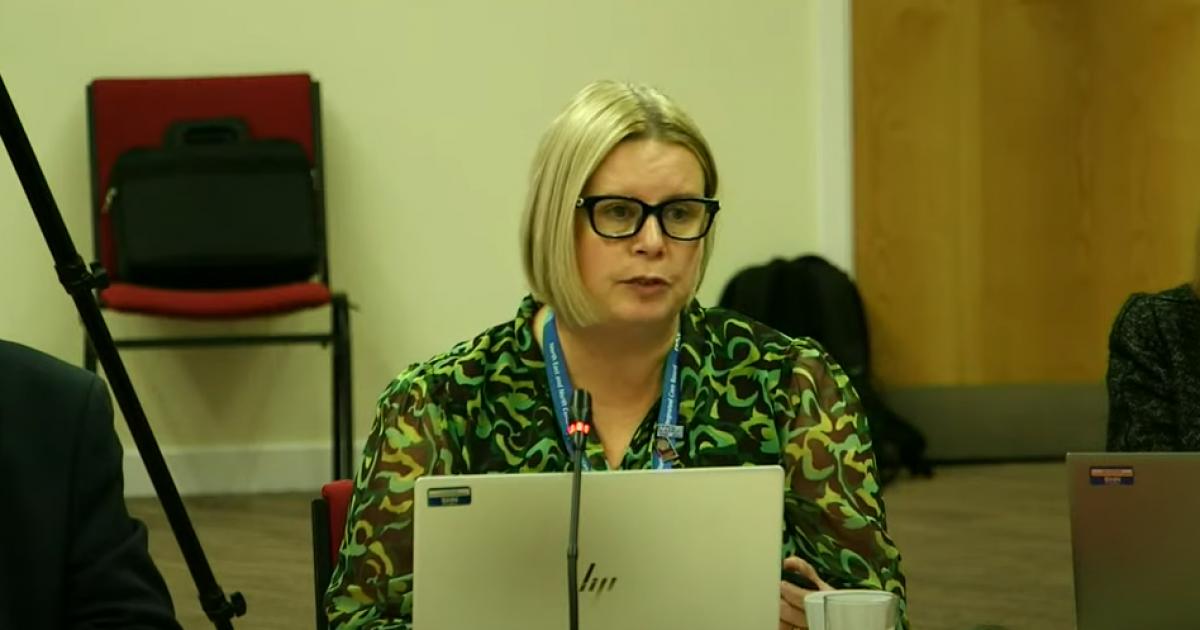Members of the North East and North Cumbria Integrated Care Board met last week, hearing the key achievements of the programme as well as the performance of local trusts on waiting times and preparations for winter pressures.
Karen Hawkings, Delivery Director at the NHS North East and North Cumbria Integrated Care Board(Image: Newsquest)
The NHS board’s Delivery Director, Karen Hawkings, told board members that the work has been ongoing since 2023 under the Primary Care Access and Recovery Plan.
Disruption during the Covid-19 pandemic took a significant toll on Primary Care services – which include GP practices, NHS dentistry and pharmacies.
Since then, NHS teams across the country have been working to deliver the recovery plan, ensuring patients are able to access the care they need.
Ms Hawkings said: “The plan has now been in place for two years and its been moved into now, the business as usual for practices.
Achievements of the North East and North Cumbria NHS under the programme include increasing the number of staff at GP practices regionally, from 3,994 to 4,262.
Ms Hawkings said that increases to GP workforces were supported by the additional Role Reimbursement Scheme available to Primary Care Networks.
The national reimbursement scheme allowed Primary Care Networks to claim money back for the salaries of 17 new roles, created by the NHS to meet patients’ needs.
North East and North Cumbria Integrated Care Board has invested in facilities at General Practices to ensure they can meet demand, a further £5.8 million is set to be spent on priority practices in the region during the 2025/26 financial year.
Ms Hawkings said that the improvements are “really important to ensure the capacity that’s available within General Practice.”
A stock image of a GP speaking to a patient(Image: Canva)
She added that 12 new clinical rooms have already been created, enabling GP practices in the region to provide 85,200 additional appointments.
The Integrated Care Board has also ensured that all GP practices in the region are using the four key components of the NHS App as part of its efforts to modernise primary care services and take advantage of digital innovation.
Under the plan, the region has also seen a 28.7 per cent increase in Pharmacy First, consultations.
The programme, launched by the Department for Health and Social Care, allows patients to get certain medications from their pharmacy, freeing-up appointments at their local GP practice.
Although work to deliver the Primary Care Recovery Plan officially completed in March of this year, teams will continue to work on improving access to their services against the plan’s four key strands: empowering patients, modernising access to general practice, building capacity and cutting bureaucracy.
